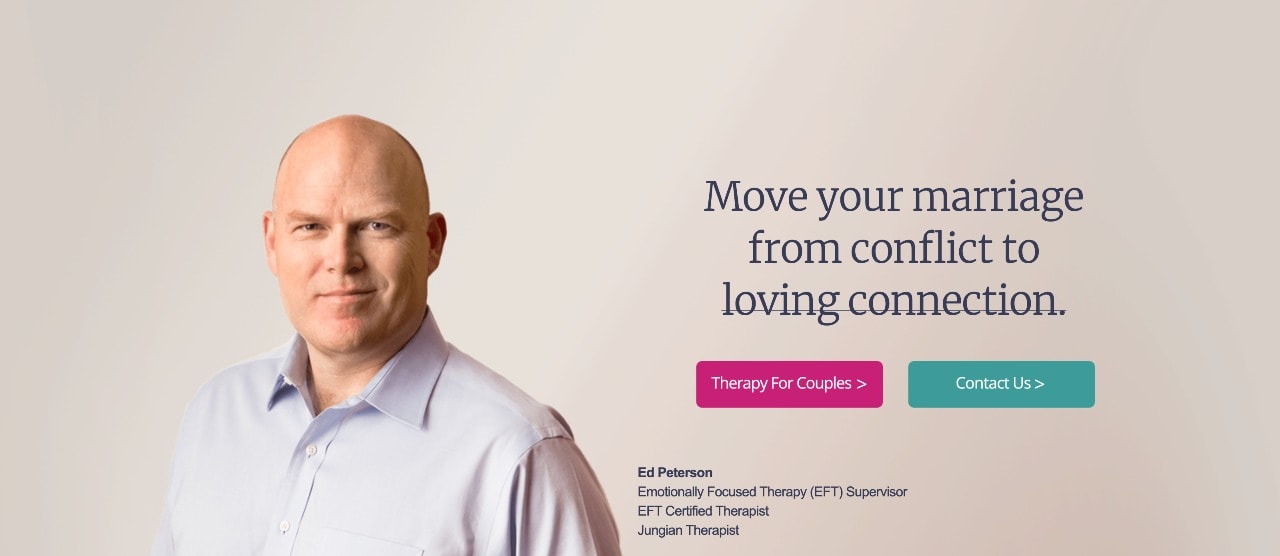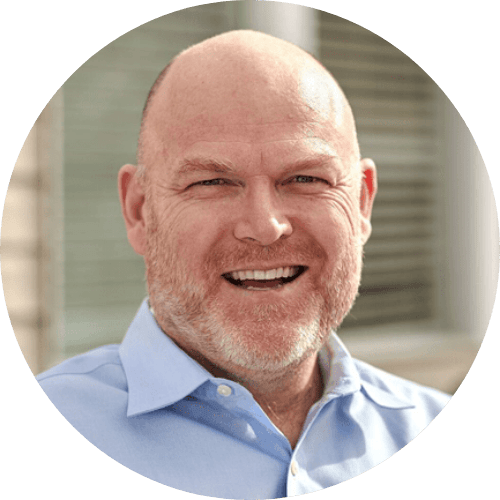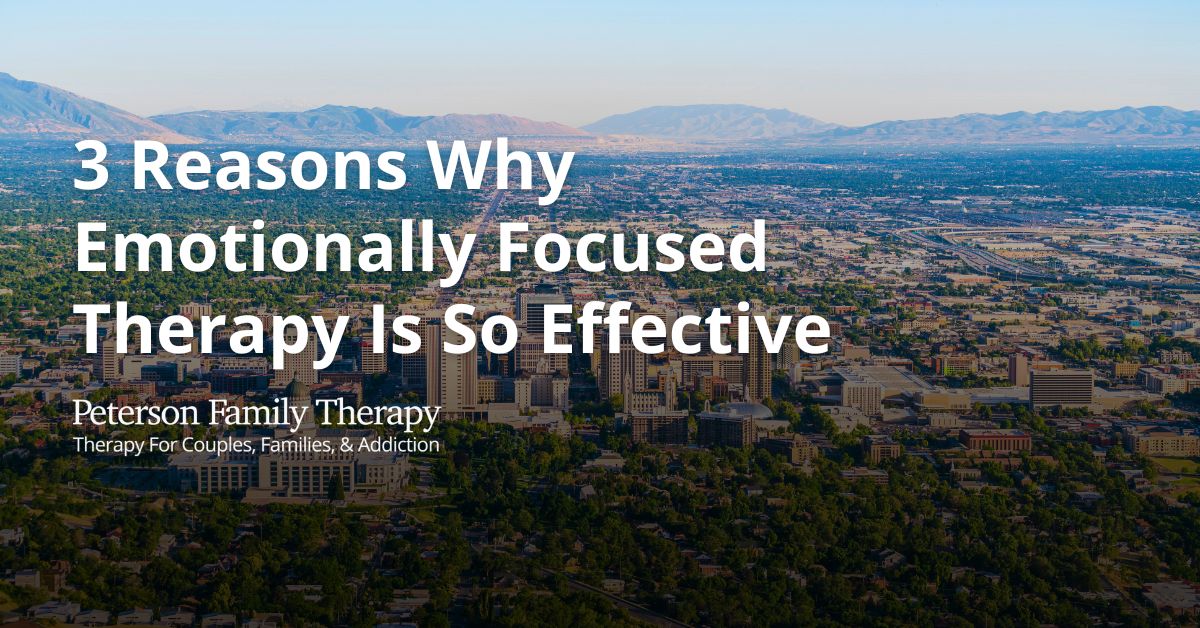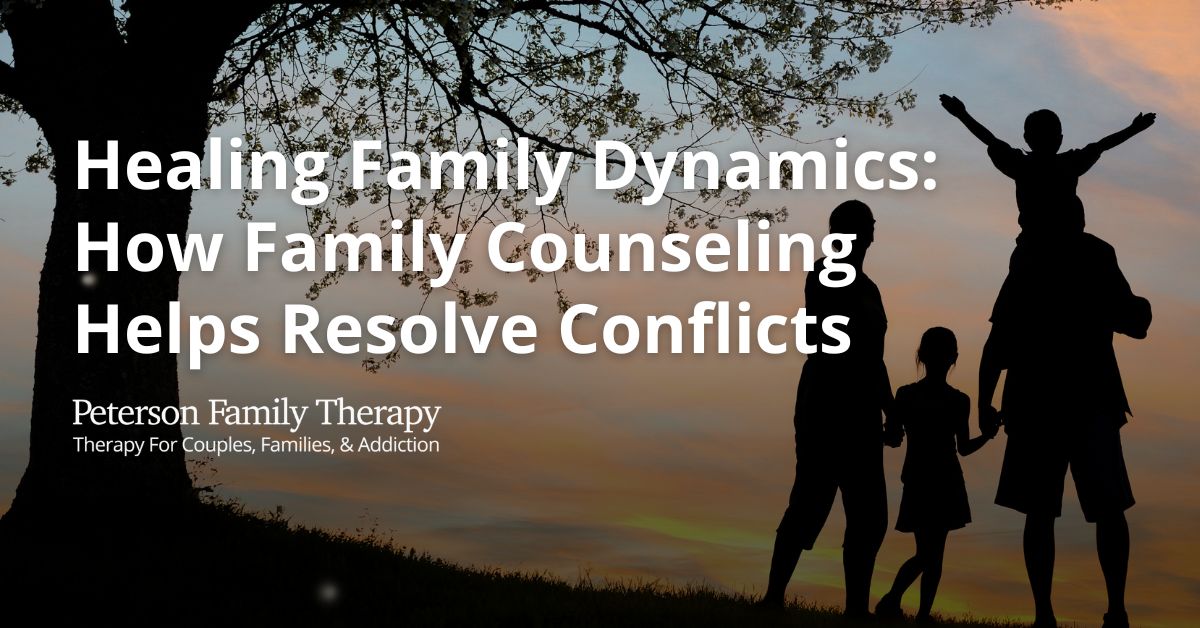Compassionate Family Counseling for Utah Families
Peterson Family Therapy is a family-owned counseling practice in Salt Lake City, Utah, operated by Ed and Candace Peterson—two experienced family counselors with over 20 years of combined expertise. We specialize in Emotionally Focused Therapy (EFT) to help families in crisis, couples struggling with disconnection, and individuals facing trauma, addiction, depression, and anxiety.
As certified members of The International Centre For Excellence In Emotionally Focused Therapy (ICEEFT), we provide evidence-based family counseling that creates lasting change. Whether you’re navigating family conflict, relationship challenges, or personal mental health struggles, we’re here to help you heal.













